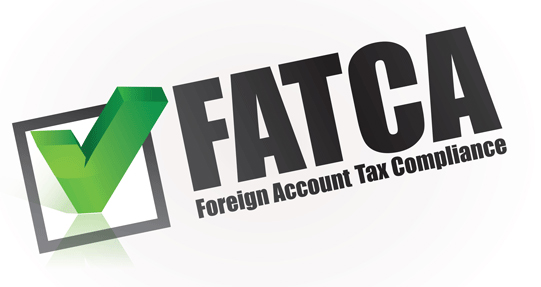China loosened restrictions on foreign investment in real estate after the yuan’s depreciation reduced the appeal of Chinese property assets.
Overseas companies’ Chinese units and foreign nationals working and living in China can buy properties for their own use that meet “real needs,” Chinese authorities including the Ministry of Commerce said in a joint statement. Requirements that foreign investors should have paid their registered capital in full before borrowing local loans are removed, according to the statement, dated Aug. 19.
The Shanghai Stock Exchange Property Index, which tracks 24 developers listed on the city’s exchange, gained 4 percent as of 10:36 a.m. local time, while the benchmark Shanghai Composite Index added 2.2 percent. Greenland Holdings Corp., China’s largest developer by sales, jumped 5.7 percent, the most in almost two weeks.
The move came as China’s first major devaluation since 1994 this month made inbound investments, already damped by high property prices and a weakening growth outlook, “worthy of a careful pause,” according to realtor Jones Lang LaSalle Inc. The revisions to restrictions introduced in 2006 aim to ensure “stable and healthy” growth of the property market, according to the statement also jointly issued by the central bank.
“It’s a substantial easing of restrictions on the central government level from the previous tightening,” said Liu Yuan, a Shanghai-based research director for Centaline Group, China’s biggest property agency. “However, the actual impact might be small, as overseas buyers only make a microscopic proportion of China’s housing market.”
Non-Chinese homebuyers accounted for 0.5 percent of existing-home transactions in Shanghai last year, according to Centaline.
The 2006 Rule
The government’s 2006 rule, imposed after rapid foreign property investment and home buying, banned foreign citizens living and working in China for less than a year from buying a home in the country. Foreign investors setting up a property company were required to have a registered capital no less than half of their total investments, if they exceeded $10 million.
“This is a carefully measured step that is happening at the right time to add a small boost to market demand,” Steven McCord, head of research for North China at Jones Lang LaSalle, said by e-mail after the announcement. But “it is not a no-brainer purchase that it was 10 years ago,” he said, citing slower economic growth and the yuan’s depreciation. “It is now a major purchase decision for people who intend to live here.”
The growth in China’s property development investment slumped by almost 10 percentage points from a year earlier to 4.3 percent in the first seven months of this year as developers’ confidence sagged, putting pressure on an economy that was already slowing.
Source: Bloomberg




